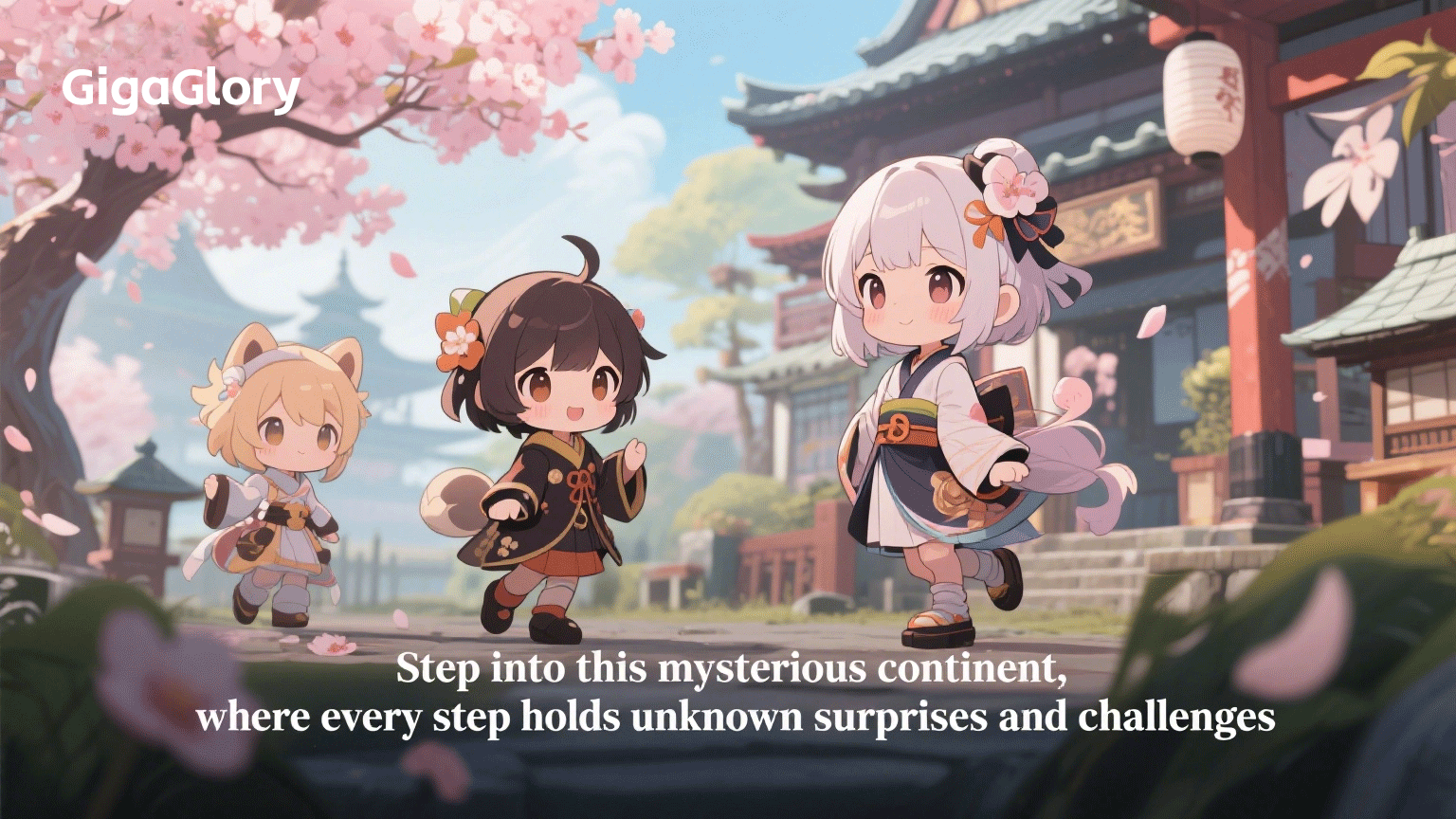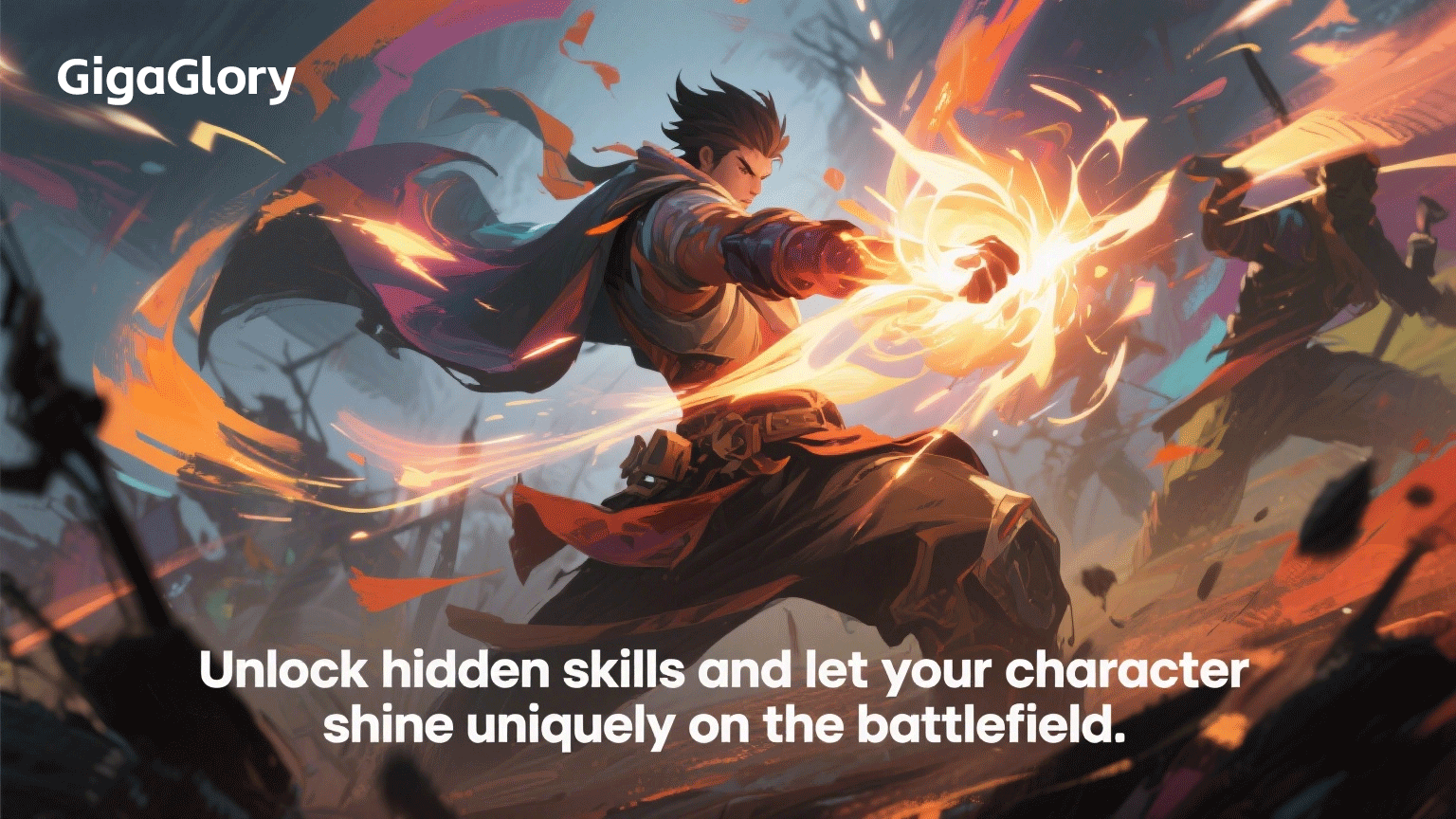Why MMORPGs Are the Future of Multiplayer Games: Exploring Their Unique Appeal
In recent years, the gaming landscape has undergone significant transformations, with MMORPGs (Massively Multiplayer Online Role-Playing Games) emerging as frontrunners in the realm of multiplayer games. As we delve deeper, we can uncover the reasons these games are capturing the imagination of players worldwide.
The Immersive World of MMORPGs
One of the core attractions of MMORPGs like World of Warcraft or Final Fantasy XIV is the immersive experience they offer. Unlike traditional multiplayer games that focus predominantly on competitive play, MMORPGs create vast, detailed worlds that players can explore. In these games, players don't just engage in battles; they embark on adventures, form alliances, and interact with a lively community.
Social Interaction: Beyond Just Gaming
MMORPGs provide a platform for genuine social interaction. Players team up for quests, participate in guild activities, and forge friendships that can span across continents. This element of social engagement is what elevates MMORPGs above other genres of multiplayer games. Players aren’t just competing against each other; they're part of a larger community. Below is a list of social features that enhance player connectivity:
- Guild Formation
- In-Game Events
- Trade and Economy Systems
- Player-Versus-Environment (PvE) and Player-Versus-Player (PvP) interactions
Endless Customization and Classes in RPG Games
Another standout feature is the variety of classes in RPG games, which allows players to tailor their characters to suit personal playstyles. From mages to warriors, the diversity of roles fosters strategic gameplay and encourages unique experiences. This sense of customization keeps players engaged over time, as they can experiment with different builds and abilities. Here's a quick comparison table of class types commonly found in MMORPGs:
| Class Type | Main Role | Playstyle |
|---|---|---|
| Warrior | Tank | High defense, melee combat |
| Mage | Damage Dealer | Powerful spells, requires strategy |
| Healer | Support | Focus on restoring health and buffs |
| Rogue | Stealth/Damage Dealer | Quick strikes, stealthy tactics |
As players delve into a specific class, they find joy in mastering the nuances of their chosen path, which fosters longer engagement with the game.
Future-Proofing with Evolving Content
Another factor contributing to the sustained popularity of MMORPGs is their capacity for growth and evolution. Developers continually update these games, introducing new storylines, quests, and content expansions. For instance, fans are eagerly anticipating new updates related to games like EA Sports FC 24 on platforms like PS5, highlighting that the multiplayer community thrives on fresh content. This perpetual renewal keeps the genre vibrant and draws in both returning and new players.
The future indeed looks bright for MMORPGs. These games encapsulate a unique mix of storytelling, social interaction, and personalization, which traditional multiplayer games struggle to match. As we see technology advancing and game design becoming increasingly sophisticated, player expectations will also rise, and MMORPGs are well-positioned to meet them.
Conclusion
In conclusion, MMORPGs truly represent the future of multiplayer gaming. Their diverse worlds, deep social interactions, class variability, and ever-evolving content create an engaging universe that players want to immerse themselves in. As the landscape continues to shift, it's clear that the influence of MMORPGs will only grow, shaping the future of gaming for generations to come.



